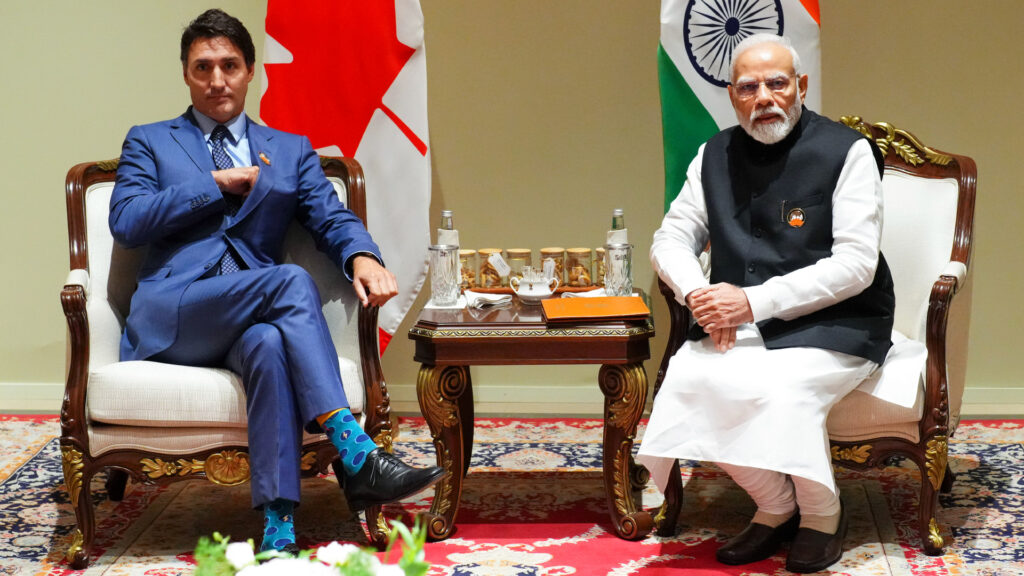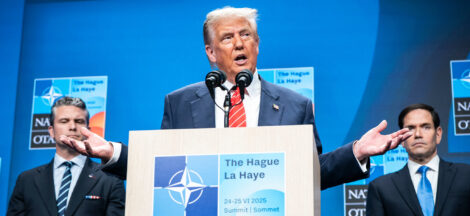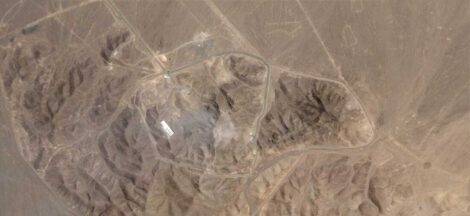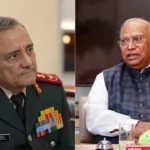Prime Minister Narendra Modi is poised to miss the upcoming G7 summit in Kananaskis, Alberta, from 15 to 17 June 2025, breaking a six-year streak of India’s participation in the annual gathering of major advanced economies. Canada, the host nation, has yet to extend an official invitation to Modi, despite having invited leaders from Australia, Ukraine, South Africa, Brazil, and Mexico. The absence of an invitation, coupled with ongoing diplomatic tensions, suggests a deliberate distancing between Ottawa and New Delhi.
The strained relations stem from Canada’s allegations of Indian involvement in the 2023 killing of Sikh activist Hardeep Singh Nijjar in British Columbia. Canadian authorities have implicated Indian officials in a broader campaign of intimidation and violence against Sikh Canadians, leading to the expulsion of diplomats on both sides. India has denied the allegations, accusing Canada of harbouring Khalistan separatists and failing to curb their activities.
Sikh advocacy groups in Canada, including the Sikh Federation and the World Sikh Organization, have urged the Canadian government to withhold an invitation to Modi until India cooperates with criminal investigations related to the Nijjar case. These groups argue that inviting Modi would undermine Canada’s commitment to human rights and justice. The Canadian government has not publicly disclosed the full list of invitees, maintaining a cautious stance amid the controversy.
The diplomatic rift has also impacted trade relations. Negotiations for a Comprehensive Economic Partnership Agreement between the two countries have stalled, and bilateral trade talks remain suspended. Canada’s Indo-Pacific strategy, which once positioned India as a key partner, now faces challenges due to the deteriorating relationship.
Modi’s expected absence from the G7 summit signals a significant shift in India’s engagement with Western-led multilateral forums. While India has been a regular invitee to G7 summits since 2019, its participation has often been seen as a bridge between the Global North and South. The current situation underscores the complexities of balancing strategic partnerships with domestic political considerations and human rights concerns.




 Opposition Demands Parliamentary Oversight After Jet Loss
Opposition Demands Parliamentary Oversight After Jet Loss 